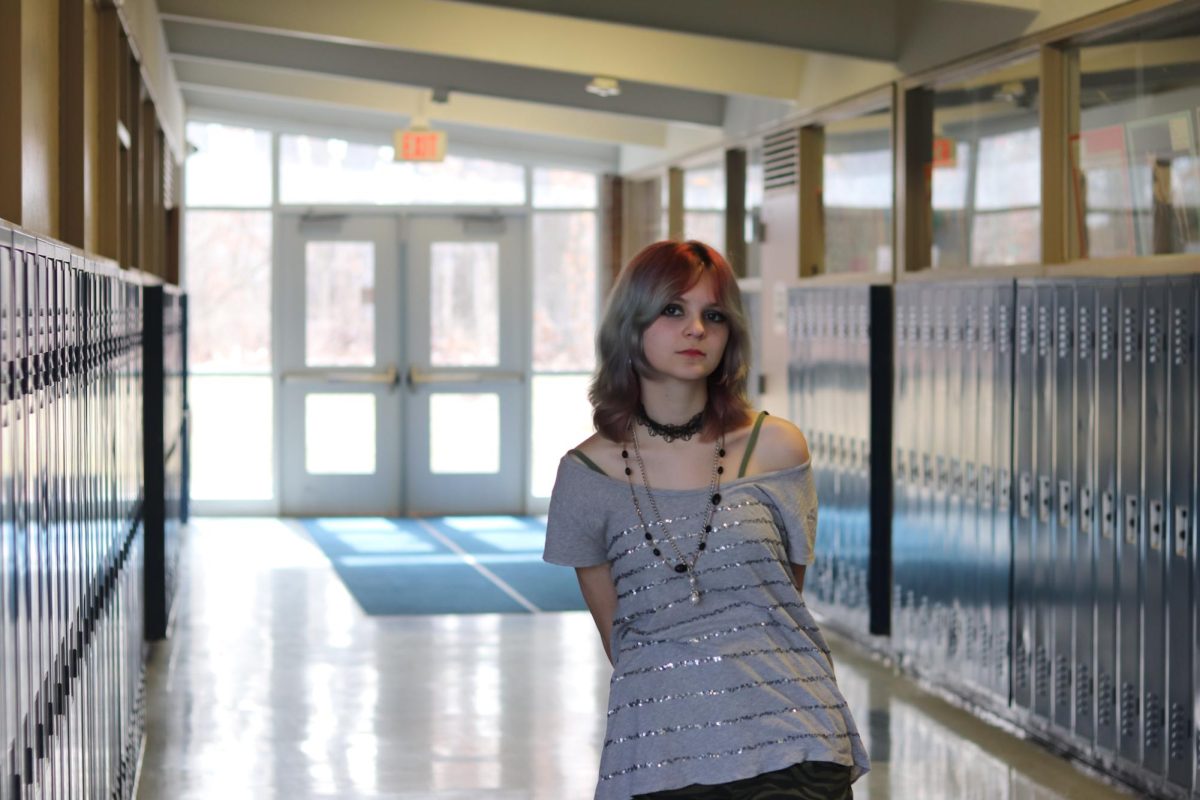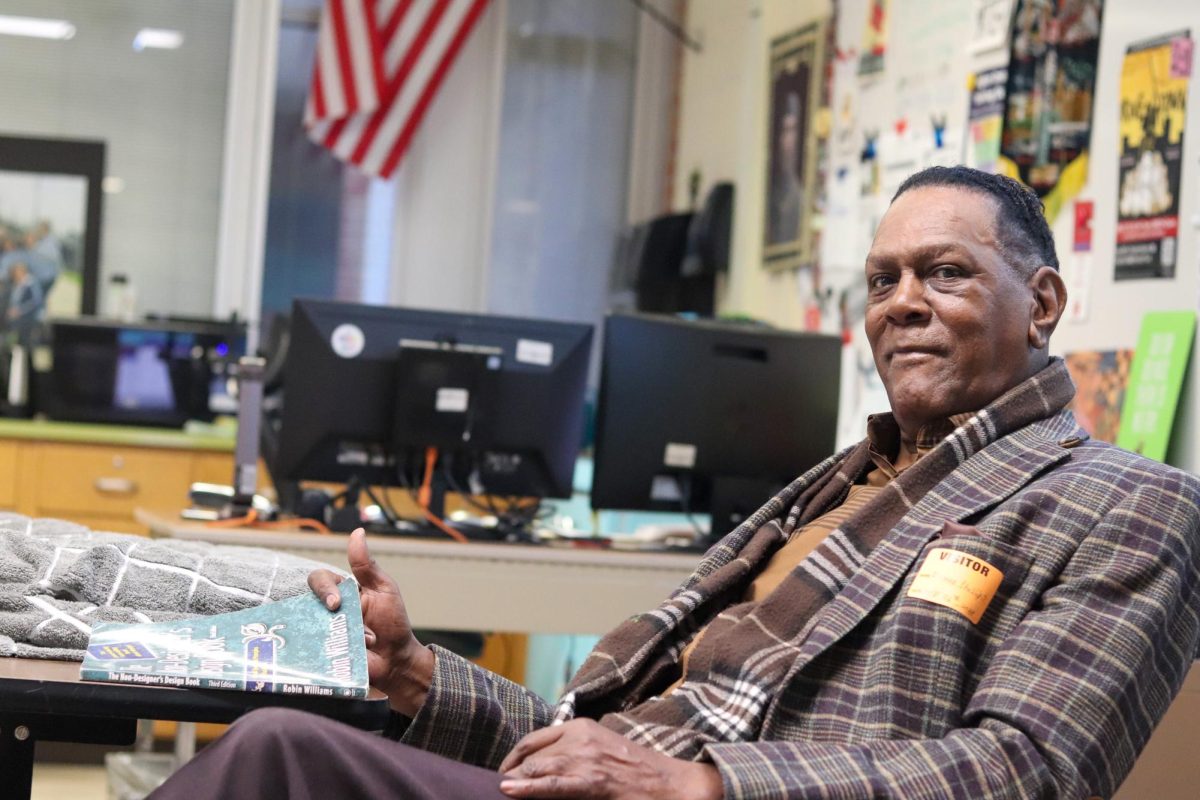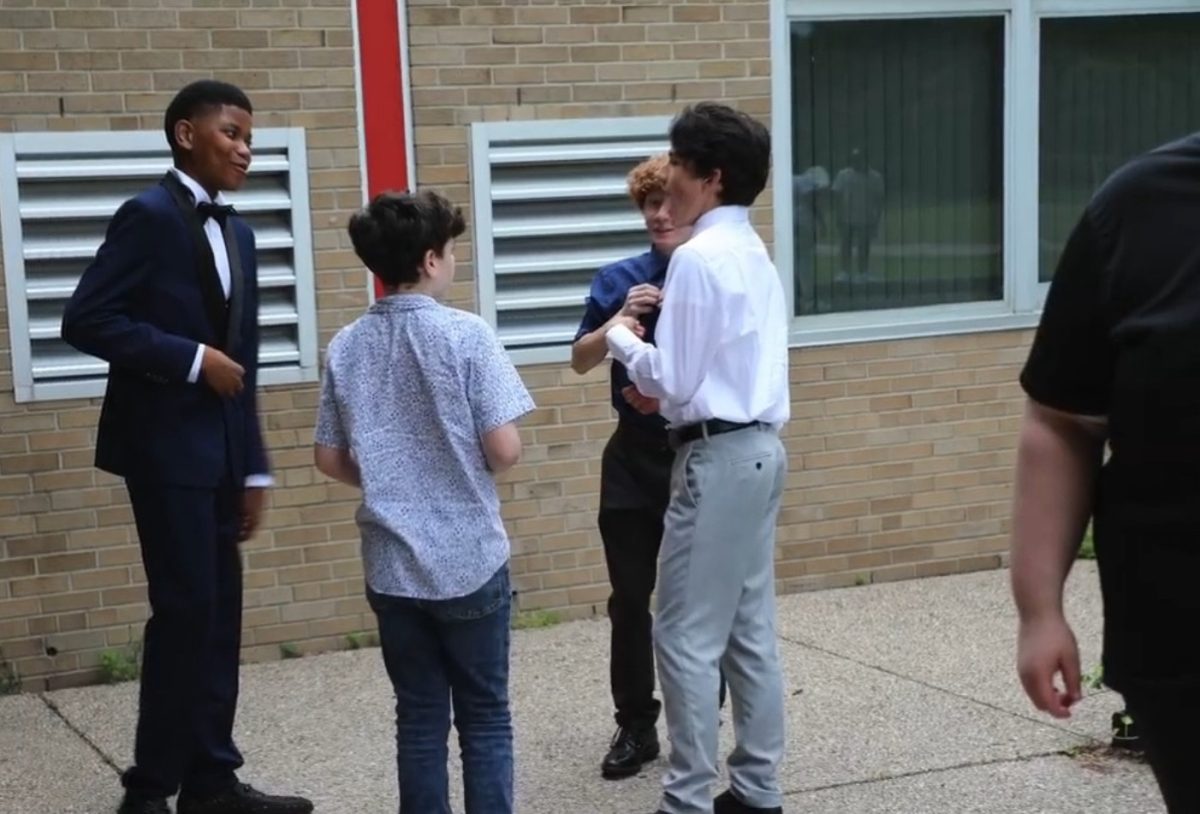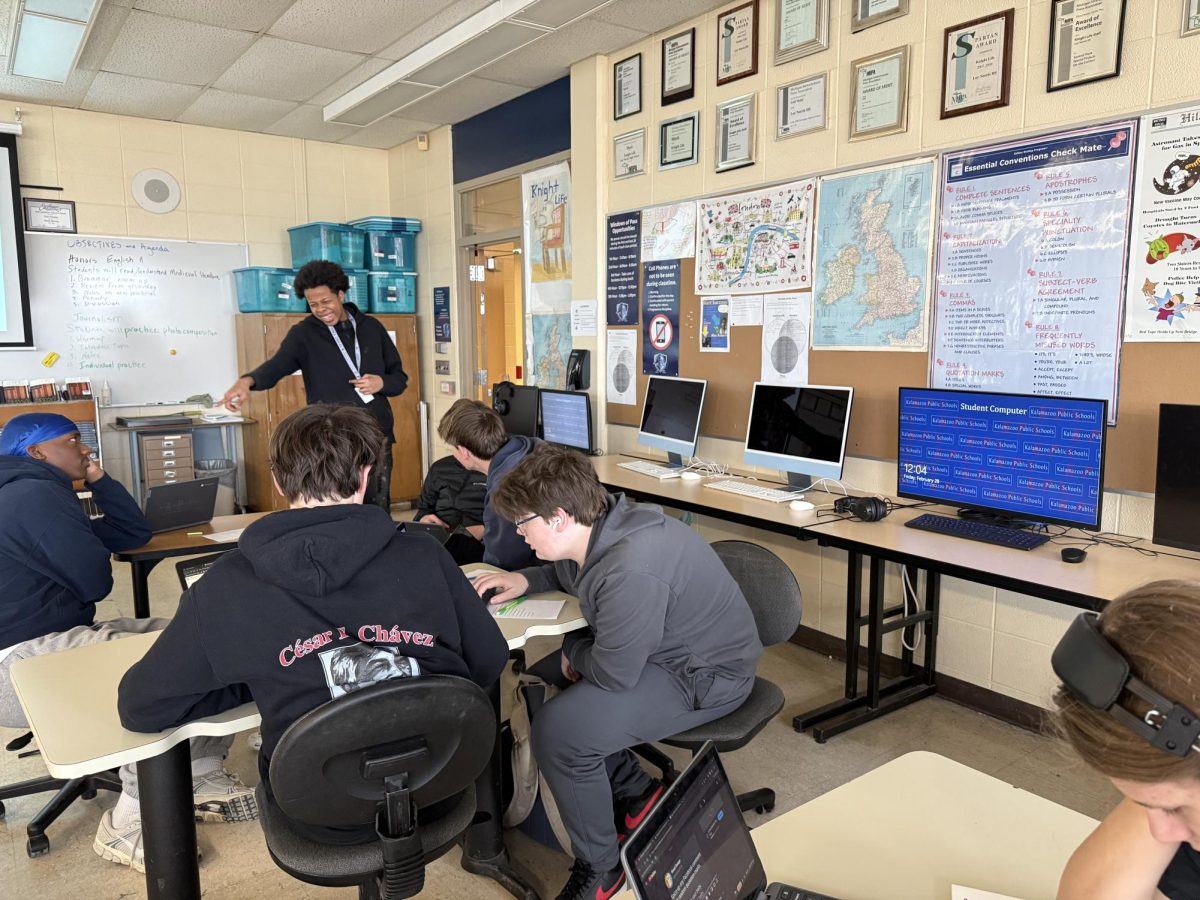GUEST WRITER: Aiden Lane
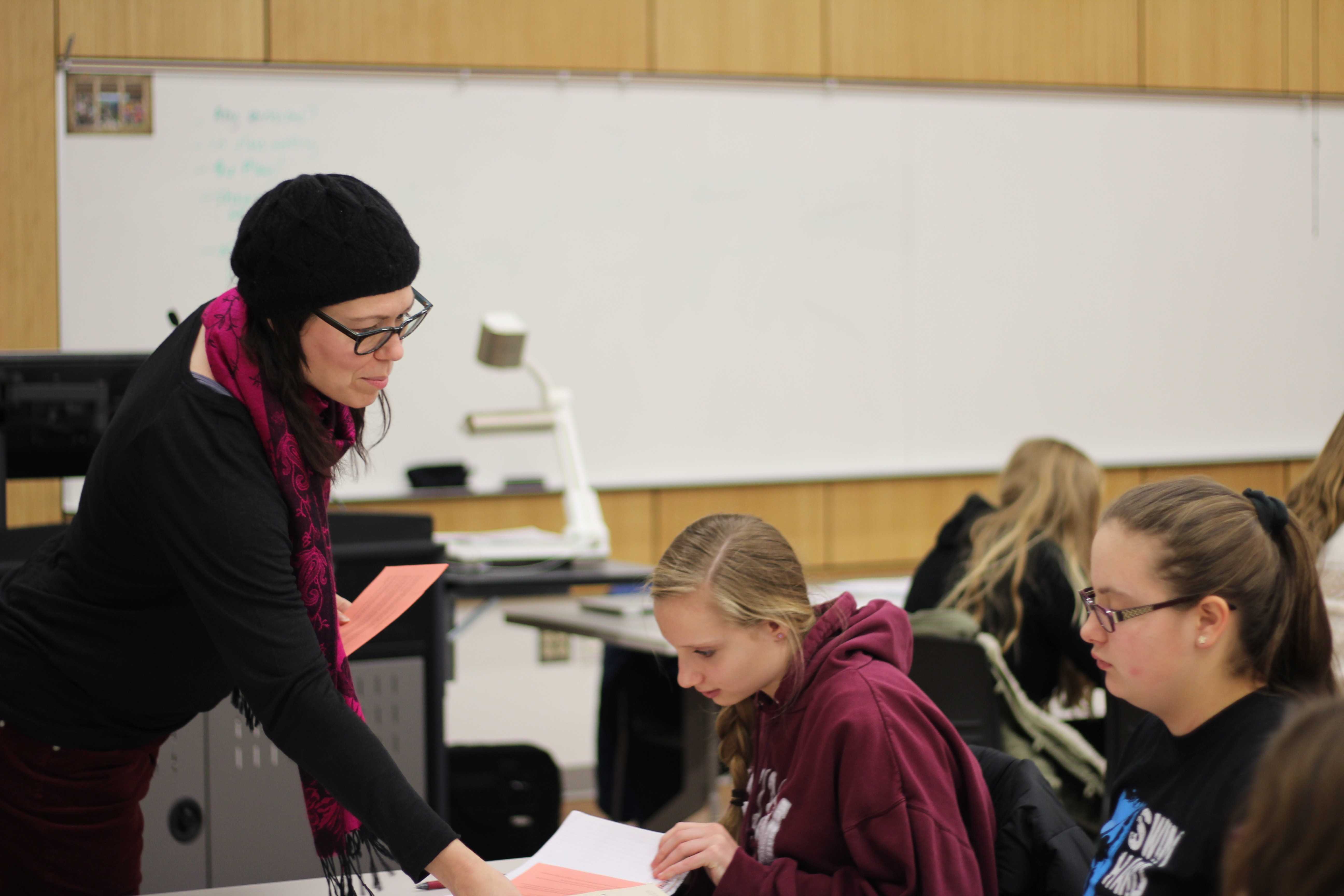
“If somebody has been kicked every time they try to get up, or they feel that way, they’ll stop trying,” said ATYP teacher, Becky Cooper before the beginning of her AP English Literature class at WMU.
Cooper’s class is based around a fundamental theory of education that seems to be lacking in the average U.S. classroom: the concept of community.
In the first world spectrum of education, the United States is considerably stunted in its students’ academic performance according to The Organization for Economic Co-operation and Development (OECD) test scores. Once an educational powerhouse, the U.S. has failed to make strides in improving its education system. While other countries excel at at finding new and effective learning methods, the U.S. has fallen behind. Students in Finland, for example, have been outperforming U.S. students for over a decade, by over 30 points on average, leading the world in education reform.
Although many social and political factors were involved in the educational restructuring in Finland, a particularly interesting aspect of the change includes advanced teacher education and classroom inclusivity.
During Cooper’s education for teaching in an alternative high school environment, she and many other teachers were reminded that they were nowhere near as important as their students.
“It gave the instructors tools for ending a conflict cycle, instead of having our egos in the forefront of the classroom. It reminded us that it’s about the students,” said Cooper, referring to techniques she’s learned for dealing with problems in the classroom.
The absence of student emphasis seems to be a grievance of many students throughout the nation.
“I think definitely that classes this year are drill-sergeant orientated. I feel like for most of my classes, we are learning to a test instead of learning creativity and such,” said disheartened sophomore Ellie Nagel-Bennett.
This is a belief not only held by Nagel-Bennet, but by students in general. The Department of Education’s push for increased standardization in the public school system during recently has played a large role in this feeling.
As community diminishes in the classroom due to increasing impersonal tests and standards and students become distant, quality of education declines, straying from its full potential. A key factor in this community environment is an attitude of acceptance and equality.
“We need to look at how we’re approaching students, how our own biases and prejudices affect our leaning in the classroom,” Cooper said.
Professional essays such as “Alternative Schools: The State of Art” support the notion that students are rarely the problem; the fault lies primarily with the classroom. If students do not feel accepted in their schooling environment or even the surrounding community, then exceptional or even adequate academic performance cannot be reasonably expected.
A strict educational hierarchy exists in the American public school system, treating the nation’s pupils more as mass produced workers than yearning disciples in need of nurturing. Although an instructor is needed in the classroom, the current structure causes many students to feel like they are insignificant, wasting their time, and taught tests, not how to understand material.
“I feel like I’m wasting my time in half of my classes,” sighed junior Carter Keck. Keck, just like many other kids in class, feels a lack of motivation and connection within the classroom. School seems more like a meaningless system than a scholarly community.
A multi-faceted approach is needed to solve the educational divide.
“It’s a community issue, it’s a structural issue, it’s an individual issue, it’s my relationship with the student,” said Cooper.
Once community is finally integrated into the classroom, American education can become competitive in the modern global market. As students start to feel like they are in an environment where they can prosper, the attitude towards learning changes in a positive light, fostering a new generation of American citizens adequately prepared for the strenuous complexities of life.


